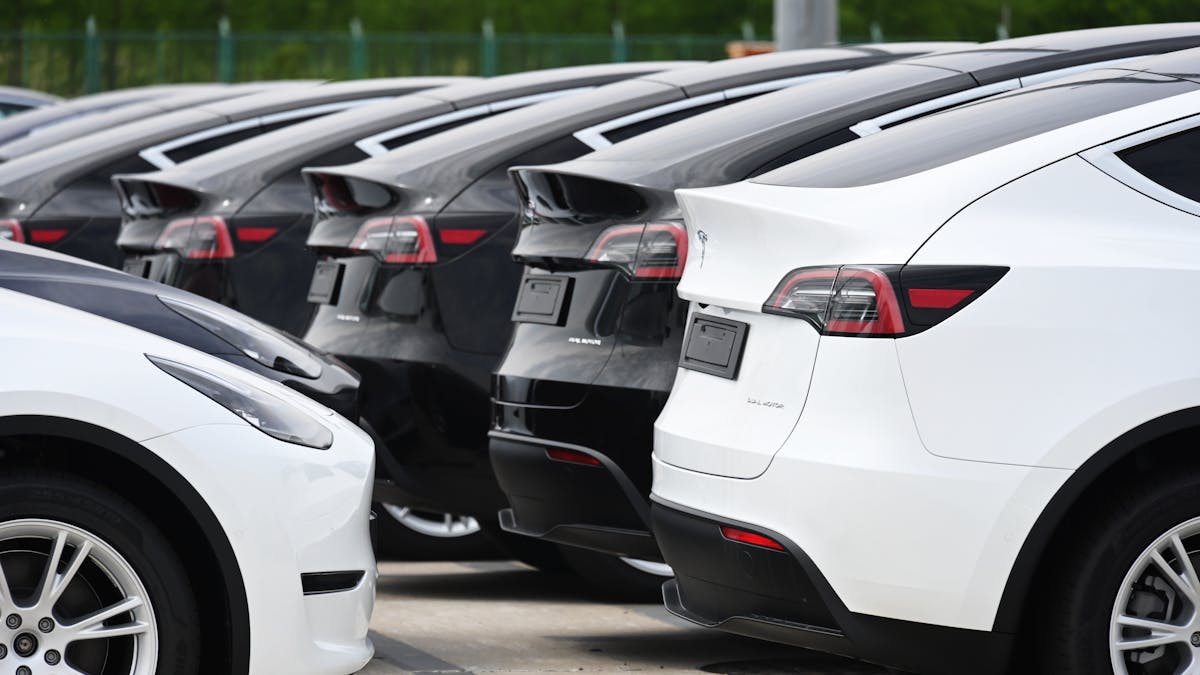Over the past years, various proposals were put forward, where one EV maker or the other would be at disadvantage. Thus reducing the options for consumers. Now the new congress bill of the US EV tax credit would be making almost all EVs eligible for the credit. It would qualify the vehicles for a $7,500 tax credit.

On Friday, a few members of the US Congress, including Terri Sewell (AL), Eric Swalwell (CA), Emmanuel Cleaver (MO), and Jimmy Gomez (CA), introduced the Affordable Electric Vehicles for America Act, a new bill aimed to lower the threshold of owning an EV. The bill would establish a phase-in period for the battery sourcing and manufacturing requirements included in the Inflation Reduction Act (IRA) passed in August. Hyundai, in particular, has been one of several automakers that have publicly disagreed with the IRA bill’s provisions. The South Korean automaker announced in May, before the IRA was passed, that it would be building a massive $5.5 billion electric vehicle plant in Georgia. Before the IRA bill, the Hyundai Motor Group’s EVs, such as the award-winning IONIQ5, qualified, but that will no longer be the case once the new provisions kick in at the end of the year. Meanwhile, foreign leaders from South Korea, Japan, and the EU have lobbied for provision changes, expressing concerns over unfair competitive advantages.
EV makers
Although Hyundai originally planned to begin construction in 2023, the South Korean automaker sped up its plans, breaking ground on its plant in Bryan County, Georgia, on October 25. According to reports, Hyundai and other automakers are looking for a delay for the battery sourcing and manufacturing provisions kicking in at the end of the year to give them time to build and scale production. The Affordable Electric Vehicles for America Act would do just that.
The Inflation Reduction Act is already doing its job as designed by bringing EV manufacturing jobs and investments back to the US. According to a new report, climate initiatives have added at least $40 billion in planned battery investments and over 642,000 jobs since the start of 2021. However, many of the planned facilities and other initiatives will take time to build and become operational. For example, Hyundai will start building EVs at its Georgia facility in 2025. However, with the IRA provisions setting in at the end of the year, Hyundai EV models will still be disqualified until then. The Affordable Electric Vehicles for America Act aims to allow automakers like Hyundai to qualify until the plant is up and running, giving them time to scale production.











